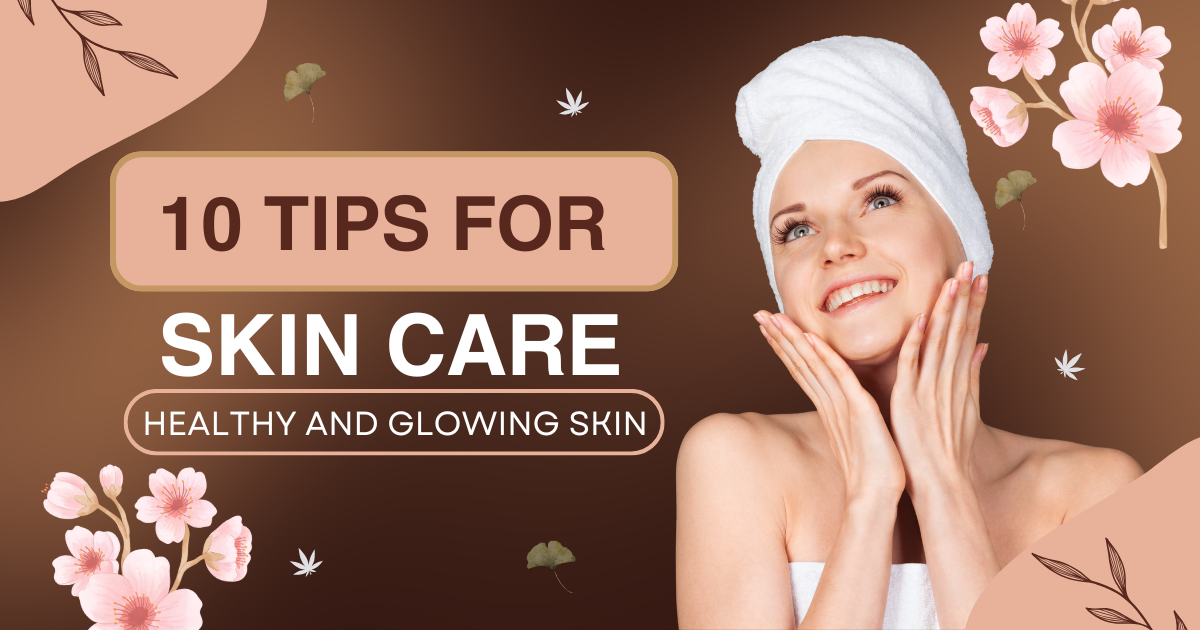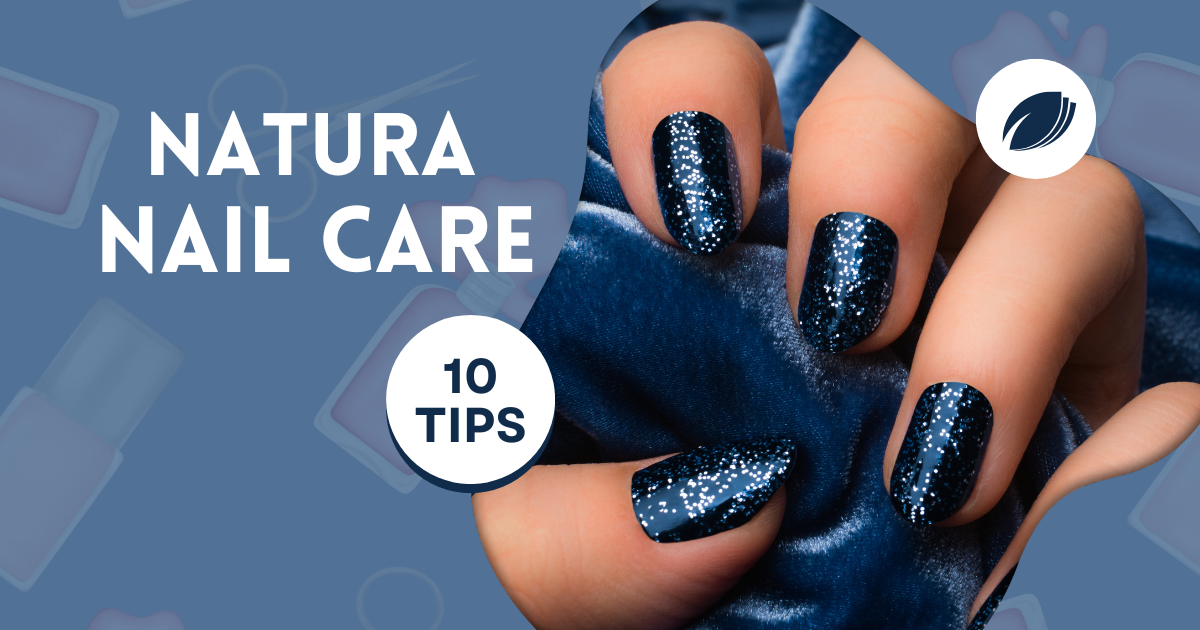The secret to having healthy, bright skin is following a thorough skincare regimen. Skincare tips for all skin types to nourish, hydrate, and protect. Skincare isn’t just about putting on creams or lotions; it’s about understanding your skin, its needs, and how to nurture it with the right products and habits. Take These 10 Skincare Tips Learn Key Skincare Tips For Your Everyday Routine Whether you are a skincare novice or an enthusiast, these essential 10 skincare tips will help you get the skin you always wished for.
1. Understand Your Skin Type
Knowing your skin type is the cornerstone of a good skincare routine. The four main skin types are:
- Oily: Shiny, large pores, and acne-prone.
- Dry Skin: Tight, flakes, or rough texture.
- Combinational: An oily zone (generally the T-zone) with dry patches.
- Sensitive: Touchy, offended easily, flushed, allergies.
Being aware of your skin type makes selecting the best products for your needs easier. For example, oily skin types are best suited for gel-based cleansers and non-comedogenic moisturizers, and dry skin benefits from thicker creams and hydrating serums. Spend some time examining your skin’s tendencies and tailoring your routine to match.
2. Cleanse Your Skin Properly
Cleansing is the initial step in every skincare routine. It cleanses away dirt, oil, makeup, and pollutants from the surface of your skin. Cleansing twice daily — morning and night — sets your skin up for the next steps in your routine.
Advice: Use a cleanser appropriate for your skin type. If your skin is oily skin, use a foaming or gel-formula cleanser. Those with dry skin types should use cream-based or hydrating cleansers not to strip the skin of its natural oils further. Try double cleansing to get a deeper clean. To remove makeup, start with an oil-based cleanser. Then, use a water-based cleanser to get rid of impurities.
3. Exfoliate for Radiance
Exfoliation is a must for glowing skin. It slams off dead skin, leaving your complexion dull and congested. But do not over-exfoliate—it can irritate and damage.
There are two types of exfoliants:
Physical Exfoliants: Grains or beads in scrubs that physically scrub away dead skin cells. Be cautious about these because they can be rough on sensitive skin.
Chemical Exfoliants: Milder, these include components such as AHAs (alpha hydroxy acids) or BHAs (beta hydroxy acids) that eat away the dead skin cells.
Tip: Depending on your skin type and the exfoliant’s strength, exfoliate one to three times each week. Skip scrubs and embrace mild chemical exfoliants for a smoother, brighter complexion.
4. Hydration is Key
Staying hydrated is one of the best skincare tips for glowing skin. Gracely says even oily skin requires moisture since dehydration can trigger excess oil production, which ultimately leads to breakouts. Moisturizing balances the moisture in your skin to combat dryness and irritation.
Tip: Look for moisturizers with hyaluronic acid, glycerin, and ceramides. These are perfect for sealing in moisture without blocking your pores. Lightweight, oil-free formulas are best for oily skin, while dry skin may find richer, more emollient formulas work better.
5. Protect Your Skin with SPF
Sun protection is needed throughout the day, even on cloudy days or indoors. UV rays are a major cause of wrinkles, premature aging, and skin cancer. To protect your skin, apply a broad-spectrum sunscreen with an SPF of 30 or higher.
Tip: Apply sunscreen each morning and reapply throughout the day when spending time outside. Depending on your skin type, pick the formula that matches—mattifying sunscreens for oily skin, hydrating sunscreens for dry skin, and mineral sunscreens for sensitive skin.
6. Nourish Your Skin from Within
Healthy skin isn’t only about your face—it’s also about your body. A balanced diet of antioxidants, vitamins, and healthy fats can significantly improve skin health.
Tip: Add foods such as berries, leafy greens, nuts, and seeds to your diet for that healthy glow. Step 1: Eat as much fish, walnuts, or flaxseeds as you can — omega-3 fatty acids lessen inflammation and improve skin texture. And remember to drink enough water to keep your skin hydrated from the inside out.
7. Avoid Overloading Your Skin
When it comes to skincare, less is often more. Over-stuffing your skin with several products may create irritation, breakouts, and redness. Keep your skincare super simple and targeted to your skin!
Tip: Don’t experiment with many active ingredients such as retinol, acids, and Vitamin C at once. Integrate new products slowly and follow a regimen that includes a gentle cleanser, moisturizer, and sunscreen at the very least.
8. Prioritize Nighttime Skincare
As your skin repairs and regenerates during the night, what you use on your skin at night is crucial to its health. To aid in the skin’s recovery, you should use reparative products like serums, oils, and night creams.
Tip: You may apply stronger treatments, such as retinoids or hydrating masks, at night. Make sure to cleanse well to remove makeup and dirt from the day, and use serums or treatments while your skin is still a bit damp to seal the moisture in.
9. Lifestyle Habits for Healthy Skin
The health of your skin is very much affected by your lifestyle habits. Daily movement, quality sleep and stress reduction all aid in clear, glowing skin. On the other hand, smoking and heavy alcohol consumption can cause premature aging, dryness and breakouts.
Tip: Try to get about 7 to 9 hours of good sleep each night so your skin can refresh and regenerate. Regular exercise improves circulation, which helps nourish your skin cells. Practice stress-relieving activities like meditation or yoga to reduce cortisol levels, which can trigger acne flare-ups.
10. Common Skincare Myths Debunked
So here we are, debunking some skincare myths that may lead you to make certain mistakes in your routine. Let’s clear up a few:
Myth 1 — “The more expensive the products, the better they are.
Fact: Price tag and effectiveness don’t always go hand-in-hand. Concentrate on components, not brand names.
Myth 2: “You don’t have to wear sunscreen on cloudy days.
Fact: UV rays pass through clouds and windows, so you must wear sunscreen daily.
Myth 3: “You should only exfoliate once a week.”
Fact: The frequency depends on your skin type and the exfoliant used. Some might benefit from exfoliating more than once a week, while others should do it only once.
Final Words: Start Your Journey to Glowing Skin Today
Healthy, glowing skin doesn’t happen in a day. However, by implementing these 10 essential skincare tips, you are on your way to healthier, more radiant skin. Skincare is all about consistency; keep that in mind! Tweak and form a routine that suits your individual skin type, and give it time. With the right habits and care, you can have beautiful skin!
By following these practical, science-backed skincare tips, you can give your skin the best shot at looking and feeling its healthiest. Consistency, the right products, and good habits will pay off — so start incorporating these tips into your routine now and watch the evolution happen.
FAQ: Common Skincare Questions Answered
Q: What are the best skincare tips for glowing skin?
A: Consistent cleansing, moisturizing, exfoliating, and wearing sunscreen daily are the best skincare tips for glowing skin.
Q: How often should I exfoliate my skin?
A: Exfoliate 1-3 times per week, depending on your skin’s tolerance and the strength of the exfoliant.
Q: Is sunscreen necessary even on cloudy days?
A: Yes! UV rays can still penetrate through clouds, so sunscreen should be part of your daily routine.
Q: Can I use the same skincare routine for different seasons?
A: Your skincare routine may need adjustments depending on the season. In winter, you may need richer moisturizers; in summer, a lighter, oil-free moisturizer may be ideal.
Q: What foods are best for glowing skin?
A: Foods high in antioxidants, such as berries and leafy greens, along with omega-3 fatty acids found in fish, can improve skin health and provide a natural glow.





